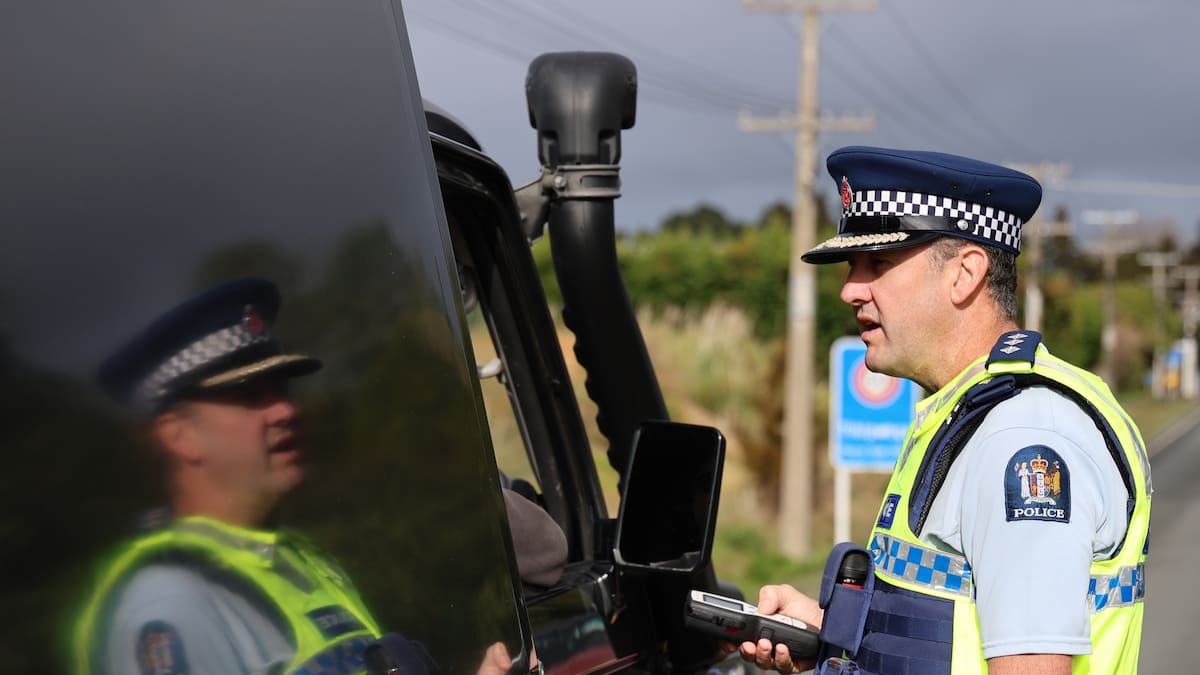Alzaher said he was advising patients to wait 12 hours before driving – ideally taking medication at night so they would be unimpaired by the morning, however, the sensitivity and accuracy of the tests remained to be seen.
“The question is, how do we manage it when we’ve got people who are being prescribed cannabis safely and are under medical supervision just like they could be for other medicines … you shouldn’t be punished or face consequences as a result of that.”
It’s thought about 120,000-130,000 New Zealanders are being prescribed medicinal cannabis and about 400,000 are using cannabis illicitly, he said.
“Everybody knows someone who’s using cannabis through illicit or legal means, and we’ve known for thousands of years this plant has lots of potential benefits for people.
“We [The Cannabis Clinic] have 60,000 people legally prescribed cannabis for who could face negative outcomes by being stood down and potentially fined – which they then have to appeal – even though they’re doing the right thing and have been prescribed medicinal cannabis, and that’s going to be an issue for Kiwis around the country,” Alzaher said.
Returning two positive saliva tests could lead to a 12-hour driving ban and fines. Photo / NZME
Returning two positive roadside saliva tests could result in a 12-hour driving ban.
Saliva tests would then be sent to a laboratory, and if levels above legal thresholds were confirmed, it would result in an infringement notice, including a $200 fine and 50 demerit points.
If a saliva test was refused or police requested a blood test, the consequences could be more severe.
If a blood sample breached the “high risk” threshold under the legislation, penalties included a $4500 fine, up to three months in prison and a mandatory six-month licence disqualification.
Infringements could be appealed via a medical defence by showing a prescription or ID card from a prescriber, and Alzaher urged medicinal patients to ensure they had one or both.
Australian researcher Dr Michael White, an adjunct senior fellow at the School of Psychology at the University of Adelaide who has researched road accidents involving cannabis, said the tests were nearly worthless when it came to picking up whether someone was impaired.
“There’s a lot of research that says regular cannabis users are not impaired even if [tested] immediately after taking it so that produces … questions of justice.
“It is a scattergun approach, many people who are regular users won’t be impaired even if they test positive,” Dr White said.
The NZ Drug Foundation warned many medicinal cannabis users could be caught out, given the drug can show up even three days after use.
Others, such as senior biosciences lecturer Dr Catherine Crofts, raised concerns about legal users of other drugs, such as those taking ADHD medication containing amphetamine, such as dexamphetamine or lisdexamfetamine, which around half of New Zealanders taking ADHD medication currently use.
– RNZ

